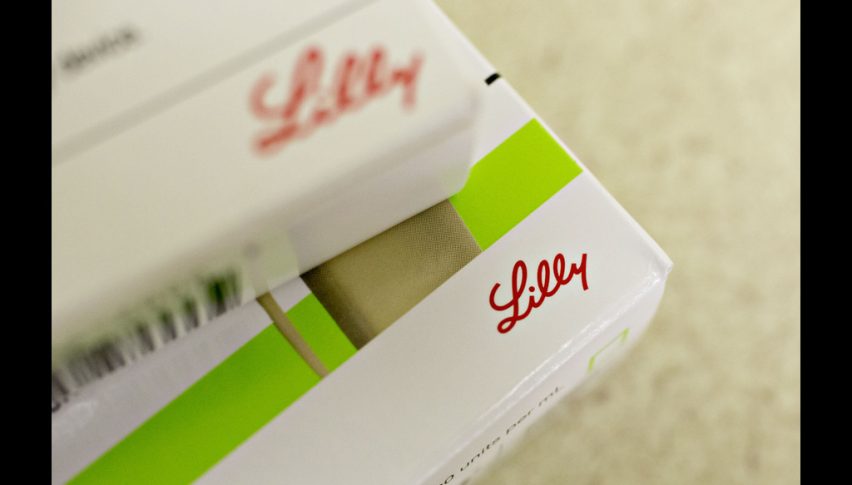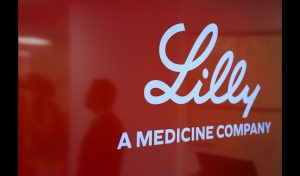Why Eli Lilly Shares Crash: Obesity Pill Setback Outweighs Stellar Earnings
Eli Lilly's stock is experiencing a significant sell-off, primarily due to conflicting signals from its pipeline,

Quick overview
- Eli Lilly's stock is facing a significant sell-off due to disappointing Phase 3 trial results for orforglipron, despite reporting record financial results.
- The trial's high dropout rate has raised concerns, overshadowing a 38 percent revenue increase and a non-GAAP EPS of $6.31.
- In contrast, Novo Nordisk's stock rose by 6.5 percent, benefiting from renewed interest in its oral GLP-1 pipeline and strategic marketing.
- The competition in the GLP-1 sector is intensifying, with Novo positioned to capitalize on Lilly's setbacks in the obesity market.
Eli Lilly’s stock is experiencing a significant sell-off, primarily due to conflicting signals from its pipeline, despite the company reporting record-breaking financial results.

Revenue growth was driven by the success of its popular medications, Zepbound and Mounjaro. However, disappointing results from the Phase 3 trial of orforglipron, a crucial oral GLP-1 candidate, triggered a sharp decline in the stock price. As a result, the pharmaceutical giant’s shares are currently trading near their 52-week lows and are testing important support levels.
The main reason for Eli Lilly’s 14 percent intraday decline is the lackluster performance of its Phase 3 trial for orforglipron. Although the trial achieved its primary endpoints, concerns have been raised regarding the 25 percent dropout rate among patients receiving the highest dosage.
Analysts have also noted methodological issues, as the placebo group had a similarly high dropout rate of 29 percent. This uncertainty has overshadowed the company’s strong Q2 financial results, which included a 38 percent increase in revenue and a non-GAAP EPS of $6.31. As a result, short-term investors are withdrawing before regulatory decisions are made, indicating a shift in their risk appetite.
In contrast, Novo Nordisk (NVO) saw a 6.5 percent increase in its stock price due to renewed interest in Wegovy’s oral GLP-1 pipeline, while Eli Lilly’s shares fell. Novo capitalized on Lilly’s vulnerability by employing direct-to-consumer marketing and price flexibility.
The dominance of Zepbound and Mounjaro in the U.S. market has been challenged by Novo’s strategic shift toward oral formulations, especially in the obesity market, which accounts for 60% of new prescriptions. Competition in the GLP-1 sector is intensifying, and Novo is well-positioned to fill the gap left by the delay of Lilly’s orforglipron.
This contrast highlights the divide within the industry between oral and injectable innovations.
- Check out our free forex signals
- Follow the top economic events on FX Leaders economic calendar
- Trade better, discover more Forex Trading Strategies
- Open a FREE Trading Account
- Read our latest reviews on: Avatrade, Exness, HFM and XM

